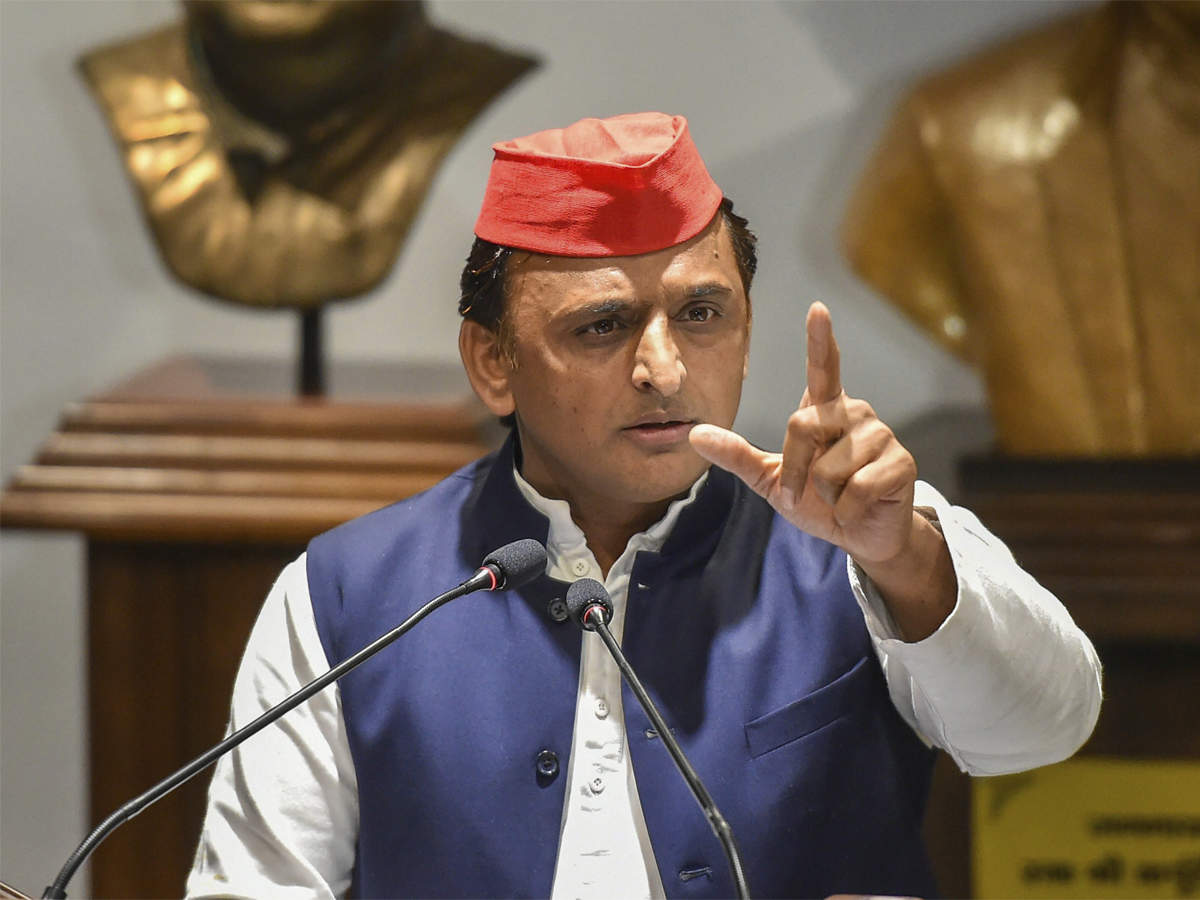Samajwadi Party President, Akhilesh Yadav on Wednesday demanded for cancellation of board examinations. In the wake of the pandemic, Yadav stated that the exams should be cancelled like those of the CBSE.
Central government after a key meeting on Tuesday decided to cancel the CBSE class 12 board exams amid the continuing Covid19 pandemic. Prime Minister Narendra Modi asserted that the decision has been taken in the interest of students and the anxiety among students, parents and teachers must be put to an end. Akhilesh Yadav made the demand of exam cancellation a day after the decision by the central government.
Also Read: Class XII exams have been cancelled after a key meeting
In a tweet in Hindi, Mr Yadav stated, “Finally, the insensitive BJP government had to bow down to the pressure of the examinees-parents and they had to take the decision to cancel the CBSE class 12 exams. Now on this basis the examinations of other boards and state boards should also be cancelled”.
He further added, “No examination without vaccination.”
On Tuesday, Uttar Pradesh Deputy Chief Minister Dinesh Sharma had said that the cancellation of the exams is in the interest of students, parents and teachers.
Sharma said that a decision about the class XII exams of the UP Secondary Board would soon be taken after a meeting with the chief minister.
Also See: New Education Policy 2020
As on May 31, the UP Board has cancelled Class 10 examination for this year and has postponed Class 12 examination. As per last development, UP board-Class 12 examinations will be conducted in second week of July if the circumstances are normal. The date sheet will also be released by the Board as per pending decision. That will depend on whether the authorities take the decision to conduct or cancel the examination in the wake of the second wave of Covid19.




